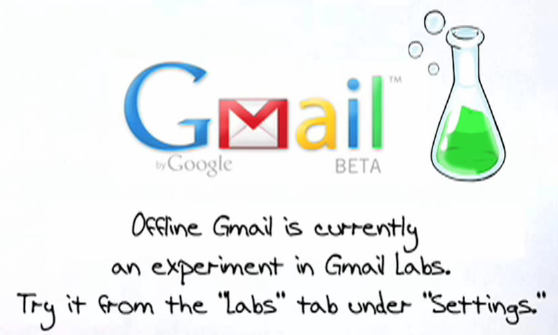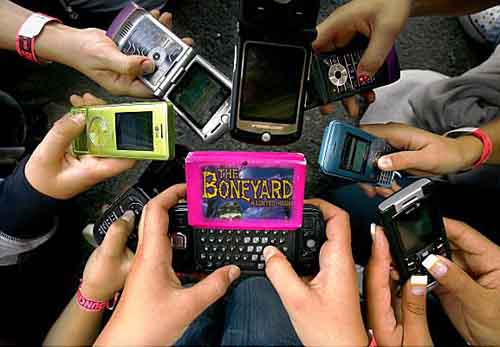#1 : Second life's pedophilia
Second life has seen its fair share of controversies in the pas : it had toshut down inworld casinos and it may have been used as a training area for terrorists.
Authorities may soon be entering Second Life as part of a crack down on virtual pedophilia.
A report on Skynews investigated an area in Second Life called “Wonderland” where users dressed as children offer virtual prostitution in a space designed to mimic a kids playground.
People say that Second Life’s greatest strength is also its greatest weakness: pure uncensored freedom and they are right. Noone could argue that the staging of virtual pedophilia is sick and should have no place within Second Life, and yet libertarian governance has been the key driver of the Second Life success story .
The whole thing is yet another tarnish on a space where some really great things are happening, a space that is slowly finding a much wider acceptance in the broader community.
The quicker Linden Lab cracks down on these men, the better for the many Second Life fans out there who preach the Second Life praise whereever they go.
# 2 : Sarah Palin's e-mail account hacked
David Kernell, 22, a college student hacked into the e-mail account of former Alaska Governor Sarah Palin and posted some of its contents on the Internet. He has been convicted by a US court : the jury convicted him on two charges: unauthorised access to a computer and obstruction of justice. The court, however, did not find him guilty of wire fraud and identity theft.
Kernell was charged with breaking into Palin’s e-mail while she was the Republican vice presidential candidate in 2008. Prosecutors claimed he was trying to damage Palin’s campaign.
Palin issued a statement on her Facebook page, thanking the jury and prosecutors and explaining the case’s importance.Kernell was released on bond while barred from using a computer except for school assignments and e-mail.
# 3 Credit card fraud

In 2008, 11 people allegedly targeted some retailers as TJX Companies, BJs Wholesale Club...
"This is the single largest and most complex identity theft case ever charged in this country," said Michael Mukasey (Attorney General).
He called the total dollar amount of the alleged theft "impossible to quantify at this point." The
attorney Michael Sullivan said that while most of the victims were in the United States, officials still haven't identified all the people who had a card number stolen.
"I suspect that a lot of people are unaware that their identifying information has been compromised," he said.
The alleged ringleader in the indictment is Albert Gonzalez from Miami, who had worked as a confidential informant for the Secret Service.He has been charged with computer fraud, wire fraud, access device fraud, aggravated identity theft and conspiracy for his role in the scheme and faces the possiblilty of life imprisonment.The Boston indictment alleges that Gonzales and his co-conspirators stole over 40 million credit and debit card numbers making this the largest credit card fraud and identity theft scheme ever identified, investigated and prosecuted in the United States.
Also named in the indictments are Christopher Scott and Damon Patrick Toey, also of Miami.
Investigators say Gonzalez and his cohorts were able to tap into computer networks using a technique called "war driving."







